What is the Meaning of “Life”?
The Declaration of Independence names three rights given to all human beings that no authorities can deny. One of those rights is the right to have ownership of one’s life. While life and death are frequently “administered” by mechanisms such as medical procedures, war, and criminal justice, the Founders believed that our birth, our creation as part of nature can never be predestined by the requirements of bureaucracy or the actions of legislators or jurists.
That said, government sources takes many actions that impact the full exercise of individuals’ quality of life, including through the use of policies to affect poverty levels, health care, physical security, and individual dignity.
Here are some current events and philosophical outlooks about the path that governments must tread in order to provide individuals the greatest opportunity and probability of exercising their most natural right — existence.
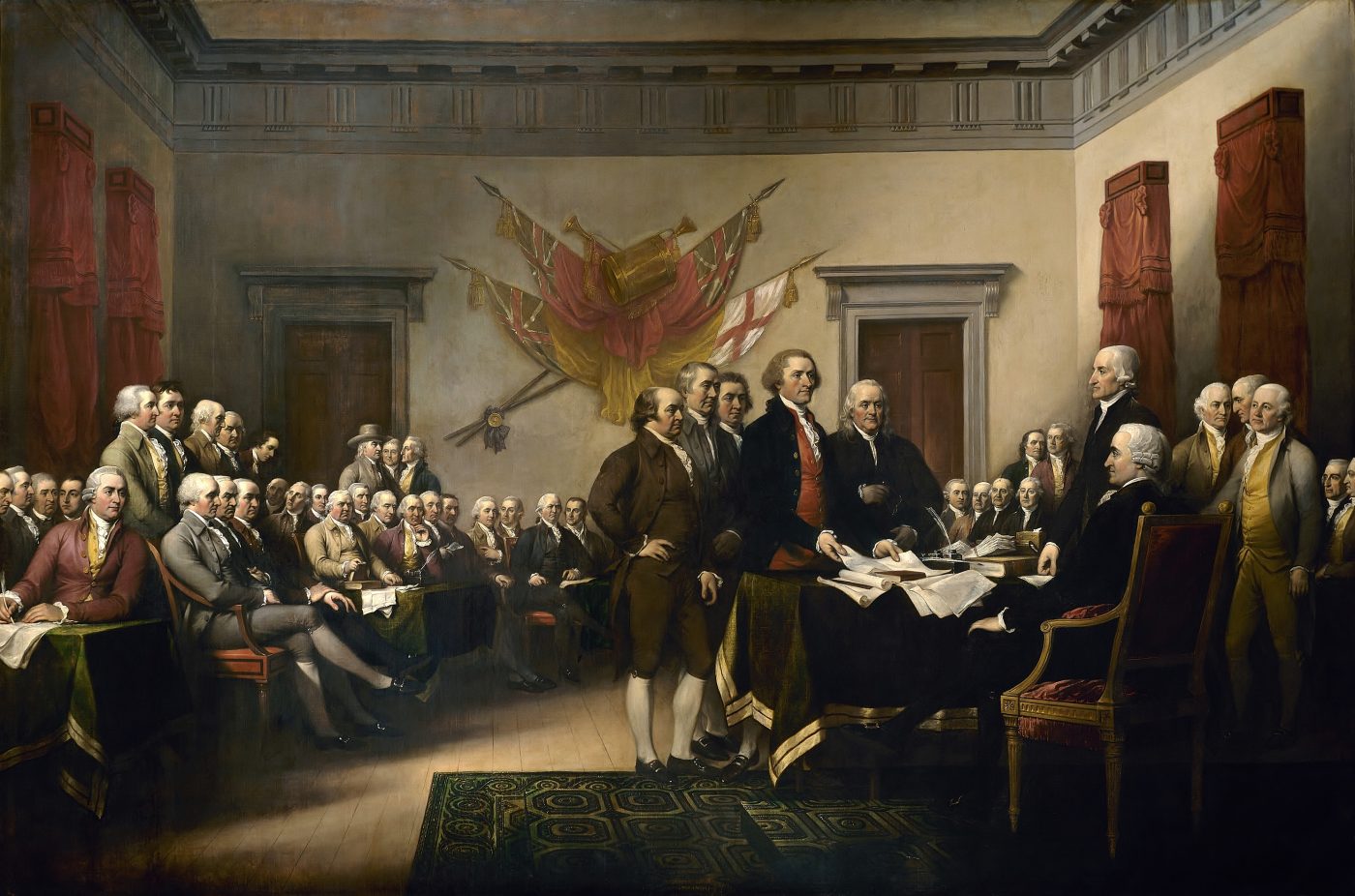
Learn More About “Life”
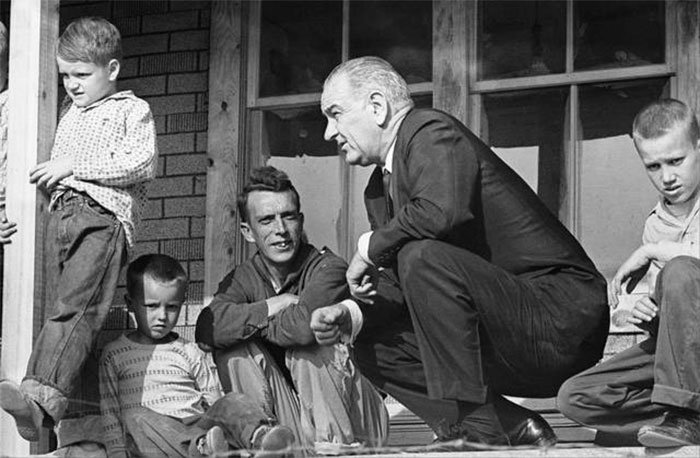
The Dignity Deficit: Reclaiming Americans’ Sense of Purpose
The War on Poverty did not fail because it did not raise the daily caloric consumption of poor Americans. It failed because it did nothing significant to make poor Americans needed and thus help them gain a sense of dignity. It also got the U.S. government into the business of treating people left behind by economic change as liabilities to manage rather than as human assets to develop.
read more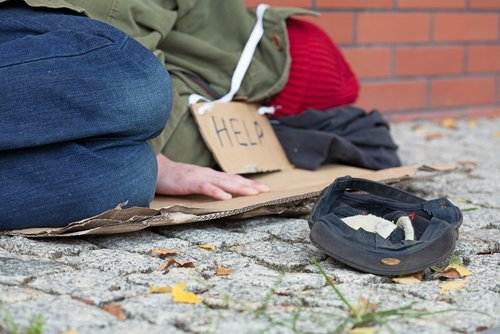
Shock Story: Exploiting the Homeless Addicted for Profit
There are solutions to the mistreatment of homeless addicted people by eviction companies aside from taking these companies to court. They include relaxing regulations on how many workers must be used to clear out a house, which leads eviction companies to look for cheap, unqualified work crews.
read more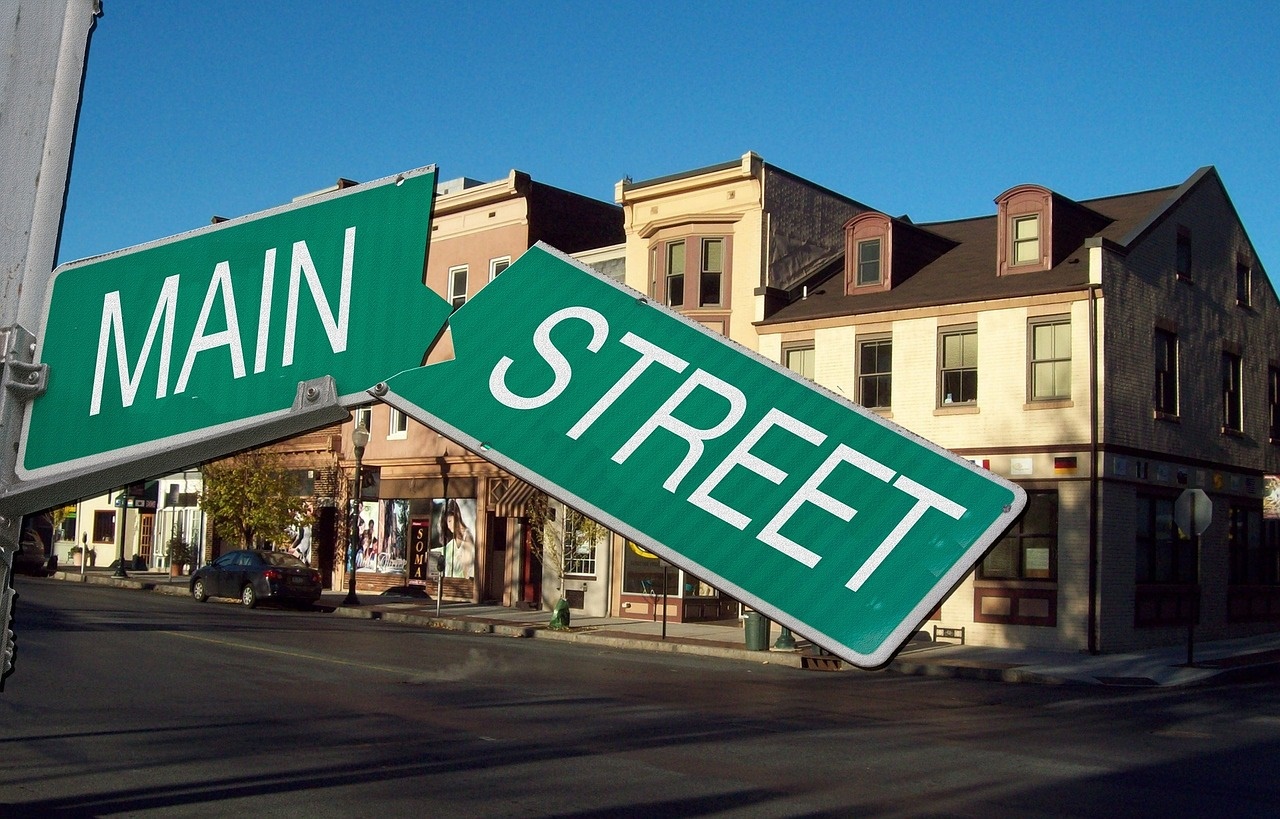
Suffering in ‘Real America’: The 21st Century Experience
Turns out America’s elite — the “talking and deciding classes,” as demographer Nick Eberstadt calls it — didn’t realize until Donald Trump was elected president that things weren’t going as swimmingly for Americans in the heartland as for...
read more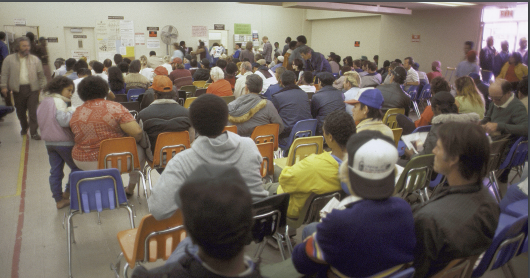
Vast Array of Government Assistance Programs Ready for a Reboot
Reducing poverty is one of the biggest issues that TPOH discusses, with good reason. The expression that a rising tide lifts all boats is especially true in a liberal democratic society that values a free market. However, a vast array of government assistance programs doesn’t seem to be curing the poverty blues.
read moreMore Stories
Hey, Older Workers: Raise Your Hand If Too Much Work Makes You Dumber
A study cited by the BBC claims that too much work makes you dumber. That’s right, working too many hours after a certain age could be bad for our brains … maybe.
read moreWhy Americans Aren’t Saving Money: It’s Not a Reassuring Explanation
A new study explains why Americans aren’t saving money: They are procrastinators who don’t understand math. Yes, it’s a sad state of affairs. The two-fold problem, according to the study published in the National Bureau of Economic Research, is that Americans like to put off until tomorrow what could be done today, and compounding interest is an illusion to them.
read moreRelevant Today: Robert F. Kennedy Speech After Martin Luther King, Jr.’s Assassination
Robert F. Kennedy had barely launched his presidential campaign when Martin Luther King, Jr., was assassinated on April 4, 1968. Upon hearing the news, Kennedy delivered remarks in Indianapolis, Ind., discussing the difficulty of racial division in America, a division that was rupturing the nation even at a time of great hope and opportunity. Sadly, his words still carry the same import, and the message still remains to be said, nearly 50 years later.
read moreElie Wiesel’s Universal Wisdom
Elie Wiesel had a very complex belief system when it came to faith, memory, and despair, but he held an unrelenting willingness to teach and to learn, and was a tireless activist for those seeking freedom of conscience, liberation from despotism, and relief from war.
read moreHow to Get Anti-Poverty Programs Beyond Red State-Blue State Divide
Low-income households receiving benefits are more likely to get out of poverty when able-bodied, working-age adults work. Yet, anti-poverty programs have gotten away from the requirement to work while receiving federal assistance.
read moreReason to Believe? Missing the Gospel at the Atheism Rally
The best part of an atheism rally in Washington, D.C.? Obviously, it is when the speakers invoke Martin Luther King, Jr., to make their political points. You know, Rev. Martin Luther King, Jr., the Baptist minister and co-founder of the Southern Christian Leadership Conference.
read moreWhy Is the Poverty Rate in New York So Low?
Even today, after the end of the Great Recession, and the start of another administration, the city maintains a smaller share of residents in poverty than in Los Angeles, Chicago, Phoenix and Houston, among other large cities. The reason: A willingness to experiment with what works and what doesn’t.
read moreCould Poverty Be Alleviated With a Tweak to EITC?
New York City Mayor Michael Bloomberg wasn’t successful in every venture he tried to implement to improve the city, and he earned a fair amount of grief for some of his ideas. But as a successful businessman, and one of the world’s wealthiest people, he was the kind of politician who served the same way he ran his corporations — with a willingness to take risks.
It’s that kind of leadership that enabled the mayor to drive New York City’s poverty rate down at a time when poverty rates nationally were rising. Several of the experiments that animated New York can be credited with keeping the city’s poverty rate among the lowest in the nation’s 20 largest metro areas even today.
read moreIs College Worth It? Colorado Website Measures ROIs
If you’re thinking of going to college, or sending someone to college, it’s typical to wonder, is college worth it?
Well, a new website provides an interactive look at which educational investments are going to have the kind of return that makes the degree worth it.
Lost Equality of Opportunity Is Biggest Threat to Education
between 2000 and 2014, the percentage of public schools with 75 percent to 100 percent poor black or Hispanic students increased from 9 percent to 16 percent. To rectify discrimination in high-poverty, segregated schools, the Education Department and Justice Department have supported the continuation of desegregation orders.
read moreJoin the Social Movement
It is our moral duty to reclaim every American’s right to pursue his or her own happiness. Are you in?





